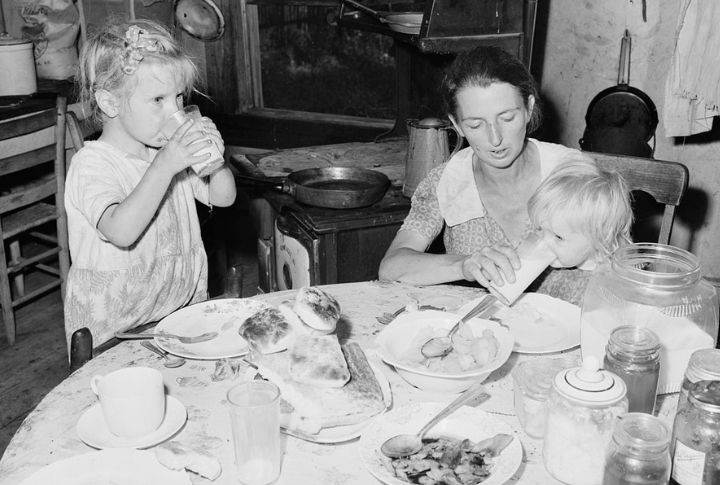
Not every parenting rule comes with a scientific stamp, but that doesn’t make it any less effective. Myths from generations past might just surprise you with their cleverness. Let’s recall those stories that shaped childhood in the most unexpected ways.
Sugar Makes Kids Hyperactive
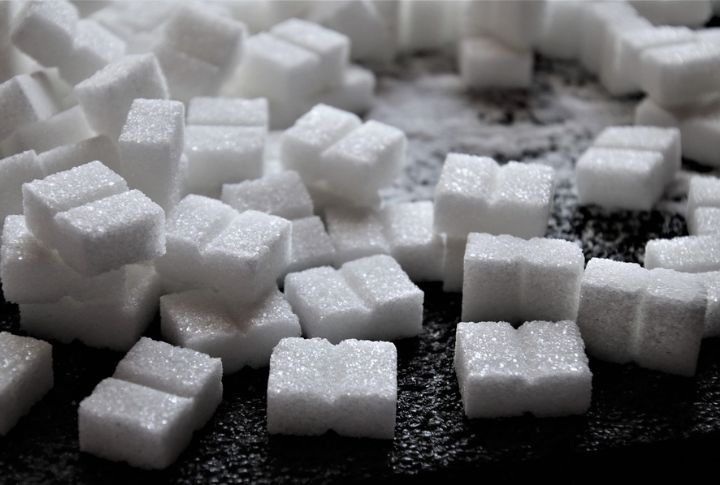
We’ve all heard that sugar sends kids into a frenzy, but does it really? While the link between sugar and hyperactivity has been debunked, many parents still swear by this myth. The truth may be more about expectations and how we interpret kids’ energy bursts.
Too Much TV Rots Your Brain
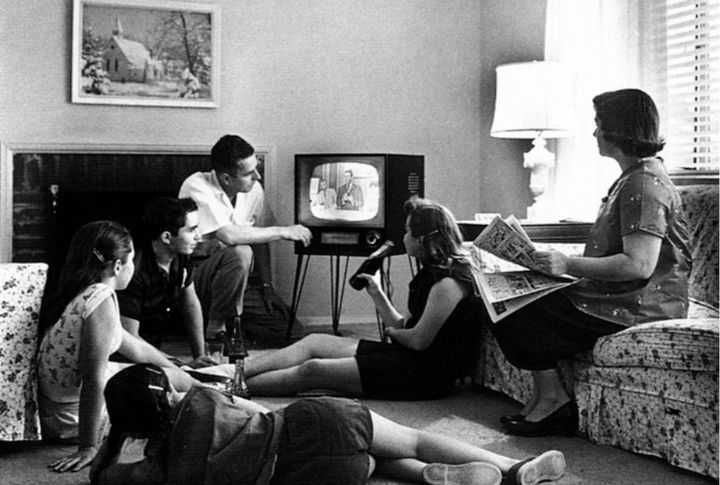
Once, parents feared too much TV would stunt social skills, so they encouraged playdates and family activities instead. Today, the same worry extends to phones, with many believing screen time harms face-to-face interactions. Though the myth may be exaggerated, it still inspired stronger family connections.
Eating Crusts Makes Hair Curly
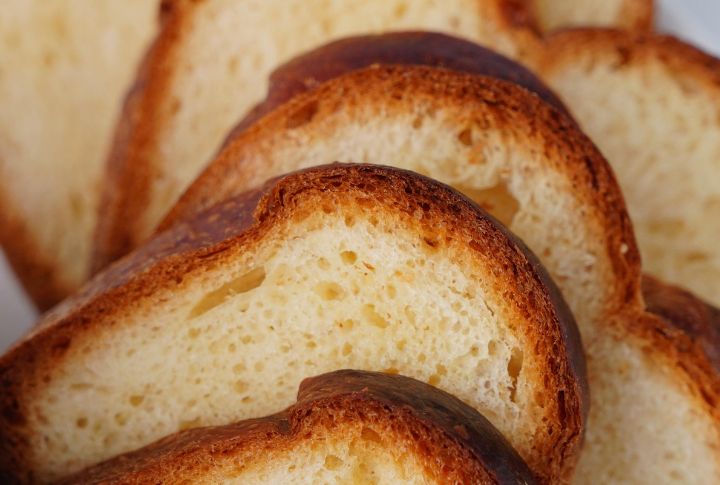
The idea that crusts could magically curl hair encouraged kids to eat what they’d usually leave behind. The myth didn’t deliver on its promise, but it did get kids to enjoy their sandwiches more and made mealtime a little more entertaining.
You Lose Body Heat Through Your Head
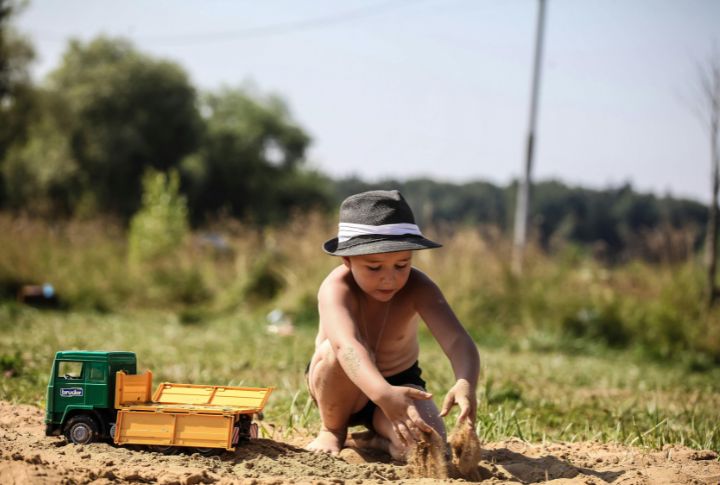
Hats were said to stop you from losing all your heat. Your head isn’t a heat-leaking hotspot, but parents knew hats worked wonders in keeping kids comfortable. A warm head meant fewer frost-bitten noses and more fun on snowy days.
If You Cross Your Eyes, They Will Stay That Way
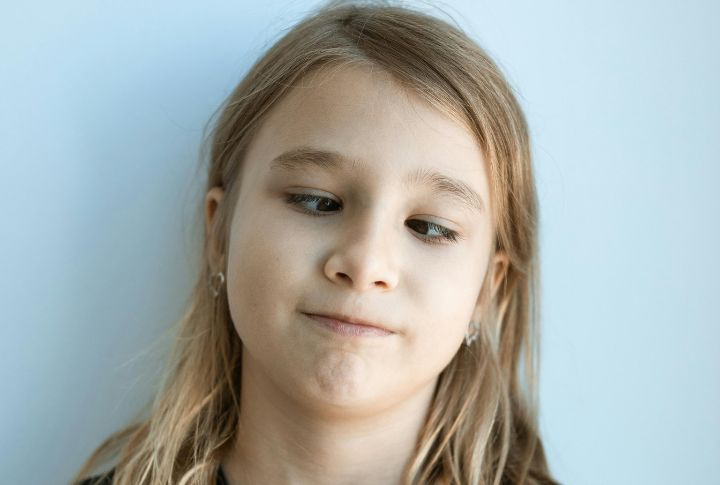
Crossing your eyes too much was said to leave them stuck. Kids were quick to believe the warning and adjusted their behavior. The fib may not have been factual, but it served as a creative way to set some limits on silly playtime behavior.
Carrots Help You See In The Dark
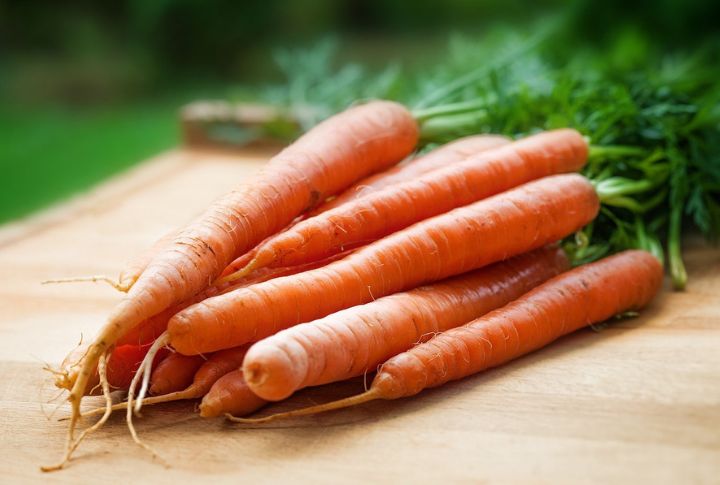
This myth, linked to wartime nutrition campaigns, painted carrots as a vision booster. Although they won’t help you see in the dark, carrots are rich in vitamin A, which plays a very important role in keeping your eyes healthy and sharp.
Warm Milk Helps You Sleep
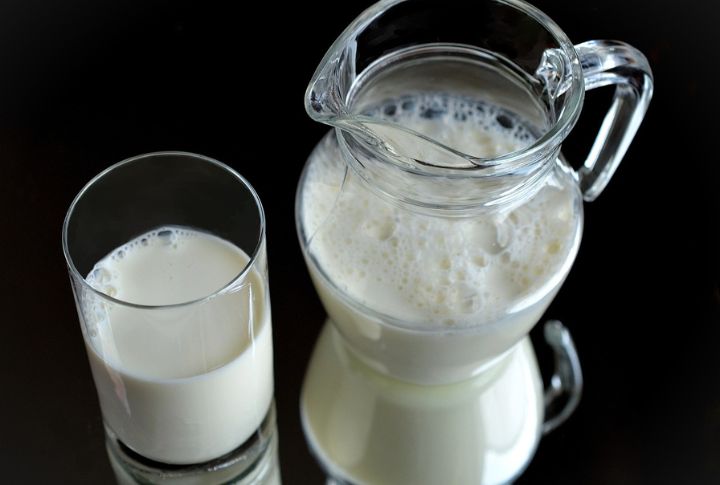
A bedtime staple for generations, warm milk earned its dreamy reputation for its calming effect. The warmth soothes, and the tryptophan it contains supports relaxation. Whether myth or not, it’s still a comforting ritual for kids (and adults) on restless nights.
If You Swallow Gum, It’ll Stay In Your Stomach For Seven Years
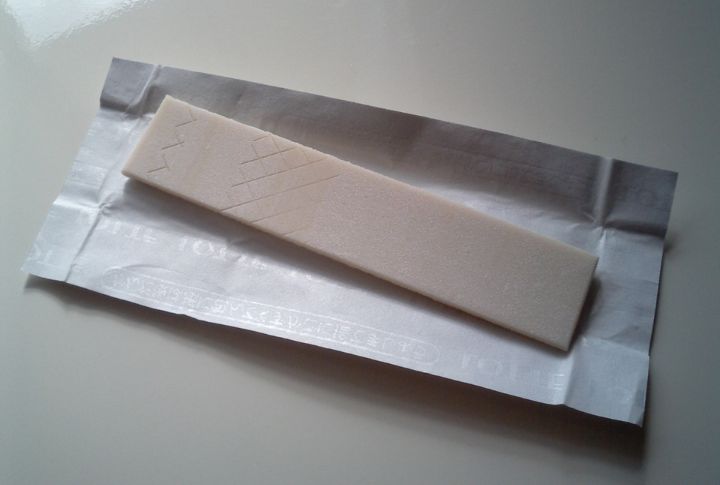
Swallowing gum was said to lead to it staying in your stomach for years. This myth kept kids from swallowing gum, but the truth is that it passes through the digestive system just like other food. The story worked, though, as it curbed a sticky habit in the most creative way.
Don’t Sit Too Close To The TV; You’ll Go Blind
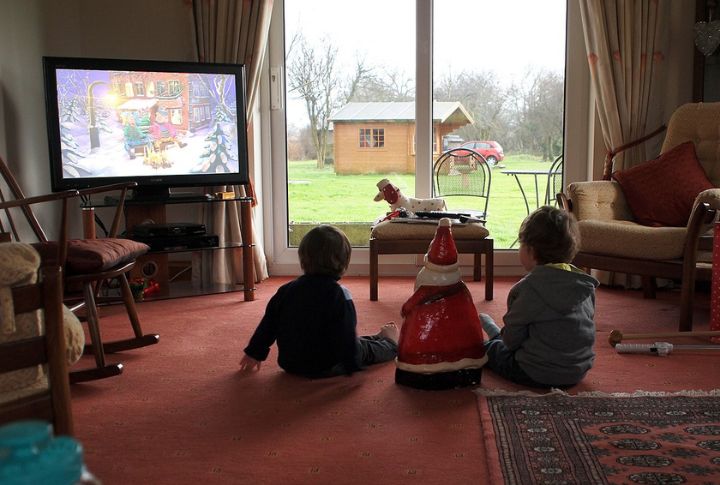
Parents warned us that sitting too close to the TV could damage our eyes. While this myth was exaggerated, it did encourage better habits—kids spent more time away from the screen and learned to enjoy distance viewing. Plus, it kept their eyes from getting too strained!
Going Outside With Wet Hair Causes Colds
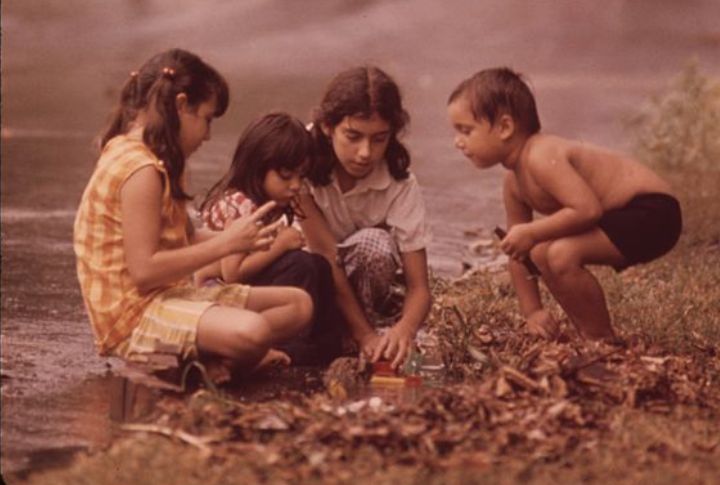
Your grandma probably swore by this one. Wet hair doesn’t invite viruses, but cold air lowers your body’s defenses. Parents used this belief to ensure kids stayed warm, and it’s not entirely wrong. Besides, who wants to shiver with damp hair in freezing weather?

